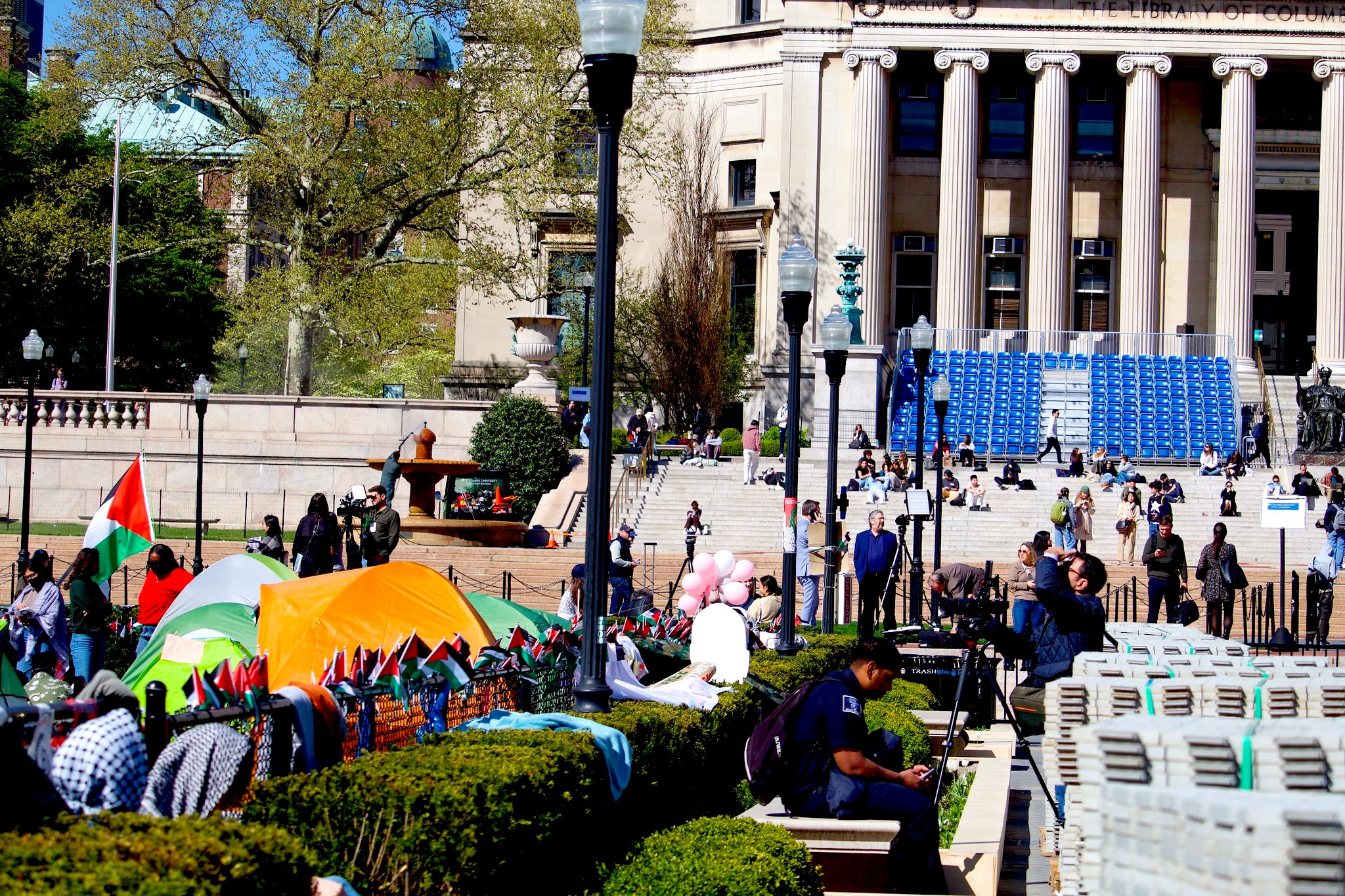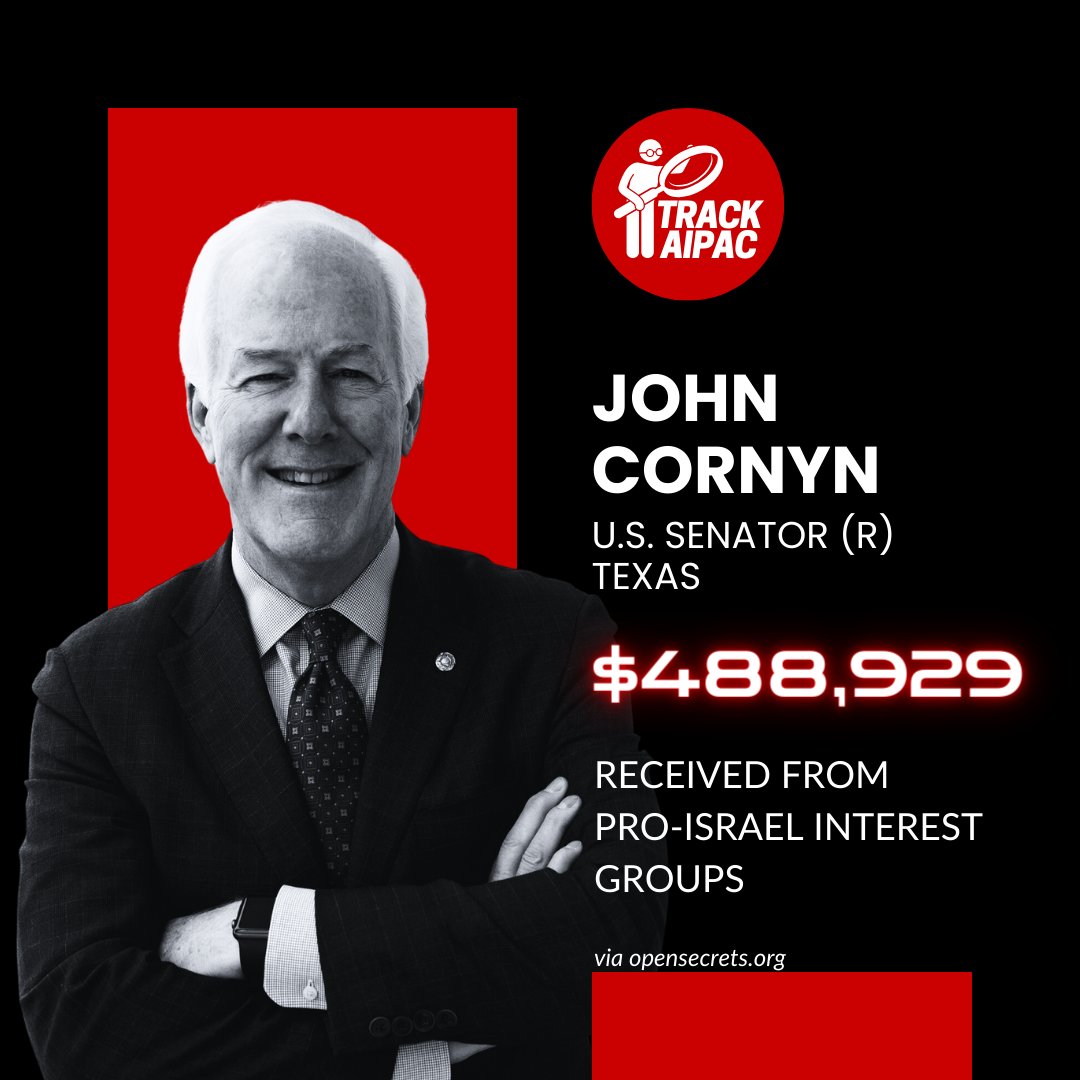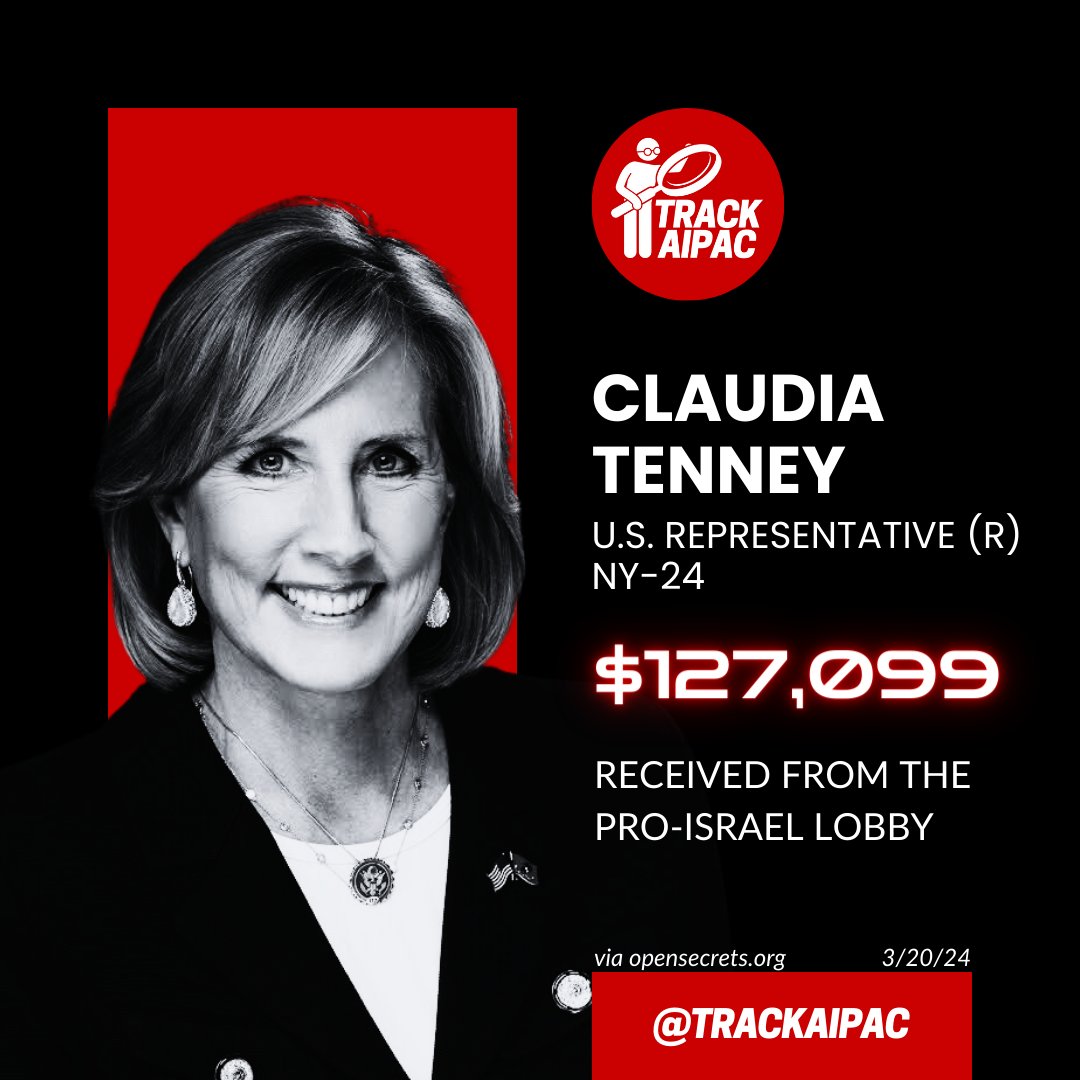NONE DARE CRITICIZE ISRAEL!
SACRIFICING THE US CONSTITUTION FOR AIPAC!
Legislating Silence
By Robert Inlakesh
MintPress News
 A coalition of civil rights groups is sounding the alarm over three proposed bills that, they argue, represent an audacious attempt to stifle dissent and curb free expression in the United States. The legislation — H.R.6408, H.R.9495 and S.4136 — claims to combat terrorism by targeting the tax-exempt status of nonprofits deemed to be in violation.
A coalition of civil rights groups is sounding the alarm over three proposed bills that, they argue, represent an audacious attempt to stifle dissent and curb free expression in the United States. The legislation — H.R.6408, H.R.9495 and S.4136 — claims to combat terrorism by targeting the tax-exempt status of nonprofits deemed to be in violation.
But critics insist the true aim is more insidious: to suppress organizations that are critical of Israel. Championed by lawmakers with deep ties to AIPAC, the bills, if passed, could pave the way for an unprecedented crackdown on dissent under the guise of national security.
While federal laws already prohibit supporting proscribed terrorist organizations, these bills would expand the government’s reach over nonprofits under the appearance of countering such threats.
H.R.6408 and H.R.9495 have already passed the House of Representatives, with S.4136 poised to add further amendments to the legislative effort. Critics have dubbed H.R.9495 the “nonprofit killer bill” and it is drawing sharp condemnation from groups like the American Civil Liberties Union (ACLU) and the Council on American-Islamic Relations (CAIR).
In a letter signed by over 300 nonprofits, the ACLU called on Congress to reject the legislation, warning of its potential to erode constitutional rights and empower government overreach.
CAIR echoed these concerns in a press release, labeling the bills “undemocratic” and accusing them of undermining fundamental freedoms. With growing opposition, the fate of these controversial bills may hinge on the ability of civil rights advocates to mobilize public and legislative resistance.
Critics argue that the legislative push embodied by H.R.9495 and H.R.6408 hand unprecedented authority to the U.S. Treasury Secretary, enabling them to unilaterally revoke the tax-exempt status of nonprofit organizations accused of “supporting terrorism.” The Council on American-Islamic Relations (CAIR) warns that this could be done using classified evidence without formal charges or sufficient opportunity for organizations to defend themselves.
Despite this criticism, both bills have cleared Congress, with H.R.6408 — billed by its supporters as a response to the Oct. 7, 2023, Hamas-led attack on Israel — receiving less attention but facing similar backlash. The Arab American Anti-Discrimination Committee contends the legislation creates “virtually no limitations or accountability” on the Treasury secretary’s discretion, allowing decisions based on viewpoints that differ from those of the administration in power.
Jonathan Schanzer, vice president of the Foundation for Defence of Democracies, a Neoconservative Washington-based think tank, has claimed that pro-Palestinian student protesters take “guidance and support” from American nonprofit organizations.

Columbia student pro-Palestine encampment on April 23, a day after a raid by the NYPD. (Pamela Drew, Flickr, CC BY-NC 2.0)
Schanzer claims that one such charity, American Muslims in Palestine, carries a “striking resemblance to the Hamas charities that were dismantled here more than a decade ago.” Schanzer was likely referring to the Holy Land Foundation, who were subjected to a highly politicized trial that led to their designation as a terrorist organization in the post-9/11 era.
Republican Congressman David Kustoff, the sponsor of H.R.6408, has received nearly $230,000 from pro-Israel lobby groups. A vocal advocate for legislating away anti-Semitism, Kustoff’s initiatives have drawn condemnation for silencing criticism of Israel on college campuses. After the bill’s passage, Kustoff claimed, “Recent reports indicate there are U.S.-based nonprofits suspected of providing support and funding to terrorist groups.”
Senators John Cornyn and Angus King, beneficiaries of significant donations from pro-Israel donors, introduced S.4136, a bill that proposes suspending the tax-exempt status of organizations accused of terrorism support. Cornyn has received at least $488,888 from pro-Israeli donors, and Senator Angus King’s top donor from 2019-2024 was AIPAC.

Congresswoman Claudia Tenney, who has received over $178,000 from pro-Israel donors, sponsored H.R.9495, which opponents have labeled the “nonprofit killer bill,” warning it could lead to government overreach and stifled dissent.

If the U.S. Treasury Department chooses to follow the advice of AIPAC, it could usher in an era of unprecedented scrutiny for any charity critical of Israel. Historically, targeting such organizations, along with universities, rights groups, and media outlets, required the cumbersome step of designating them as terrorist entities. The proposed legislation, however, threatens to streamline this process, turning what was once a legal labyrinth — a process of checks and balances ensuring that Americans’ civil rights are protected — into a fast track for silencing dissent.
This shift dovetails with President-elect Donald Trump’s fiery rhetoric about cracking down on university campuses that allow protests against Israel to occur. The bills — crafted primarily by Republican lawmakers — seem designed to dovetail with Trump’s ideological crusade, poised to gain traction under his return to the presidency. Trump’s promises to take aim at institutions deemed insufficiently supportive of Israel loom large over this legislative push.
Central to these concerns is Trump’s nominee for secretary of the Treasury, Scott Bessent, a hedge-fund manager with a storied and, at times, controversial career. As George Soros’s former top investor, Bessent made waves in 2014 when he reportedly threatened to resign over the Open Society Foundations’ proposal to divest from companies tied to Israel. According to The Wall Street Journal, Bessent’s ultimatum effectively quashed the idea.
The fears surrounding this legislative shift are not entirely speculative. Recent government actions, such as the designation of the Samidoun Palestinian Prisoner Solidarity Network as a terrorist organization, have already showcased the state’s willingness to stretch the bounds of such classifications.
With these new bills poised to pass, critics worry that the target list will grow to encompass not just pro-Palestinian nonprofits but also any group that dares to criticize Israel. For many, the specter of an all-encompassing crackdown looms, threatening the very foundations of free expression and dissent.
Robert Inlakesh is a political analyst, journalist and documentary filmmaker currently based in London. He has reported from and lived in the occupied Palestinian territories and hosts the show “Palestine Files.” Director of “Steal of the Century: Trump’s Palestine-Israel Catastrophe.” Follow him on Twitter @falasteen47
This article is from MPN.news, an award-winning investigative newsroom. Sign up for their newsletter.
The views expressed are solely those of the author and may or may not reflect those of Consortium News.

No comments:
Post a Comment
Note: Only a member of this blog may post a comment.